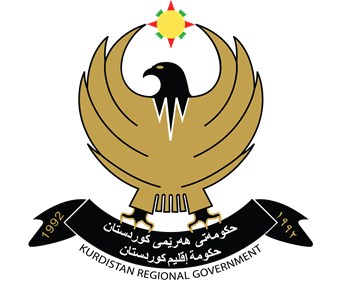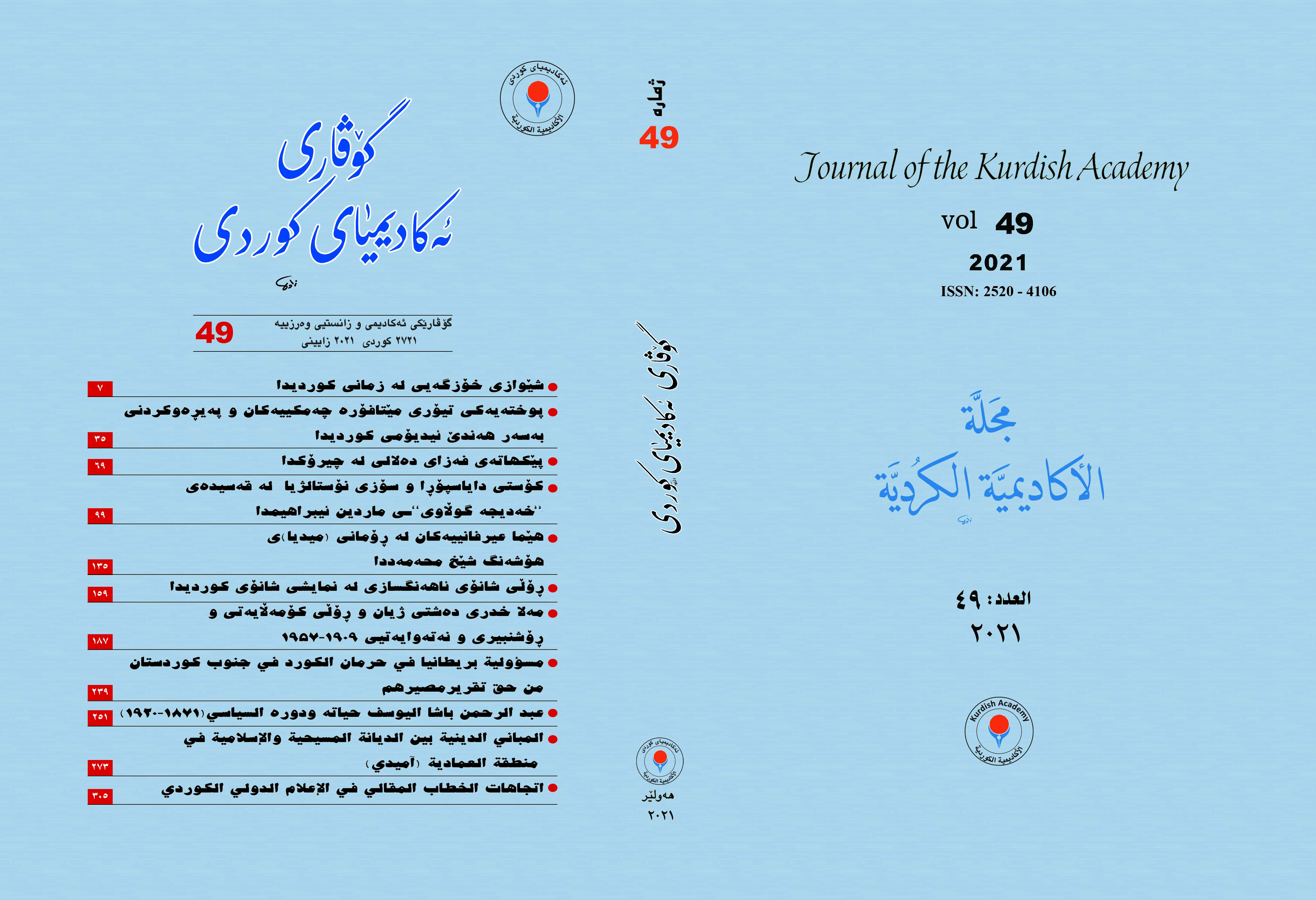مسؤولية بريطانيا في حرمان الكورد في جنوب كوردستان من حق تقرير مصيرهم
DOI:
https://doi.org/10.56422/ka..49.56Abstract
The possibility of an independent Kurdish state surfaced in the aftermath of the first world war (1914-1918) which was stipulated in the Treaty of Sévres signed on August, 10th, 1920. However, the ensuing events and political circumstances hindered the formation of the state for various reasons including the Turkish opposition and the British compromises with the French.
The responsibility of the Kurdish deprivation of their right to self-determination lies mainly on the shoulder of the British colonial power, then the tribal nature of the Kurdish society, and finally Sheikh Mahmud Hafid’s incompetence in managing and handling the political and diplomatic gameplay with a superpower like Great Britain. This is added to the Turkish agreement in 1925 on the annexation of Mosul Vilayat to Iraq provided that a Kurdish state would not be created in the region and no significant rights be granted to the Kurds. Whatever the reasons might have been, nothing justified depriving a people from their right to self-determination.





